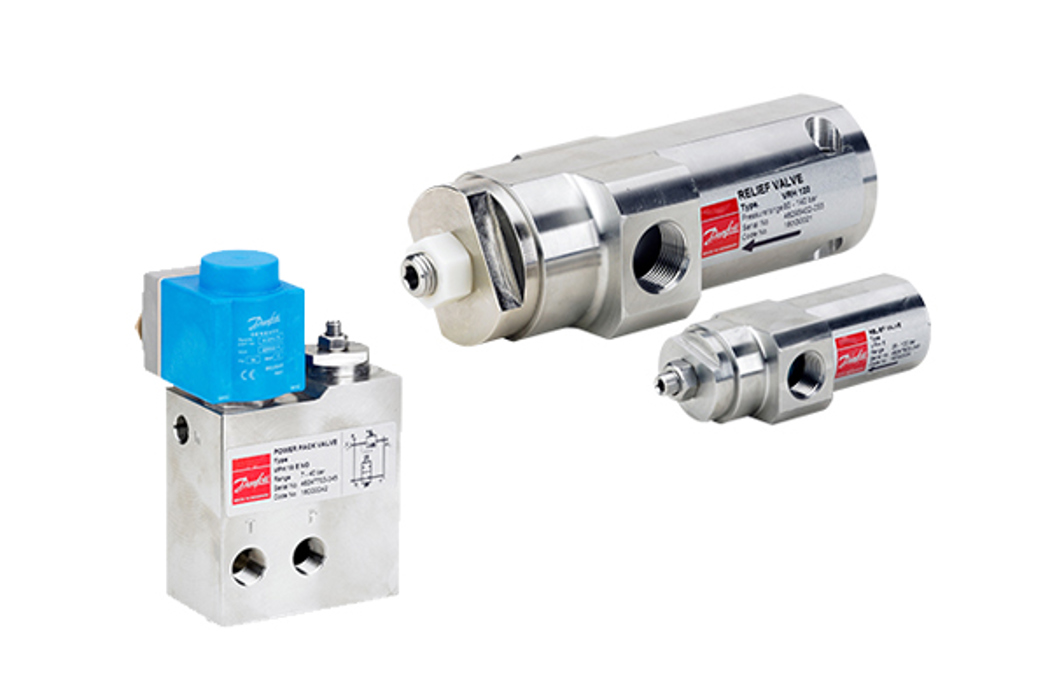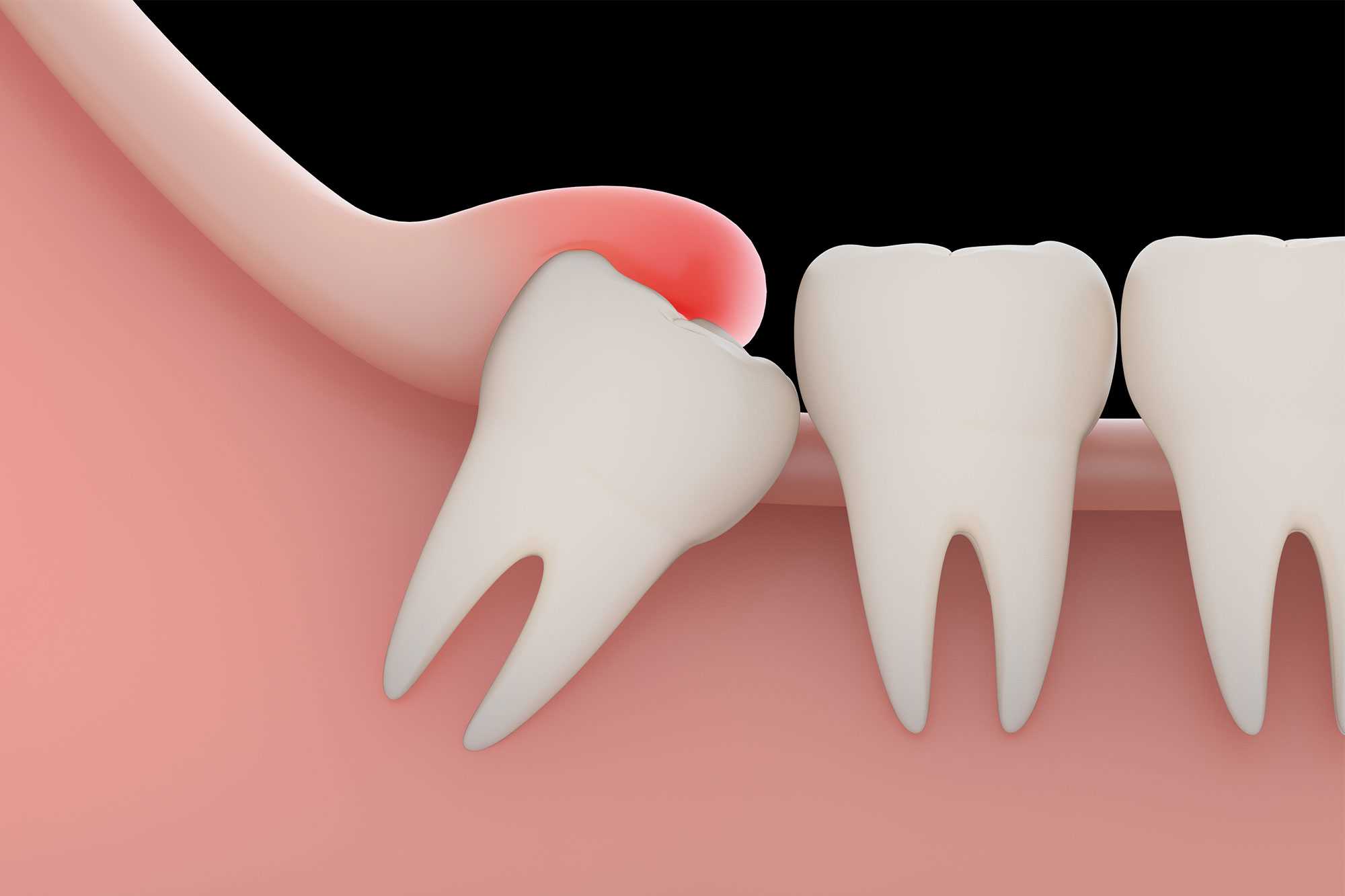High-pressure valves are essential components in many industries, from oil and gas to food and beverage. They are designed to regulate and control the flow of liquids and gases in various applications. These valves are used to manage high-pressure conditions and protect equipment from overpressure.
High-pressure valves are designed to handle high pressures, up to several thousand bars. This makes them ideal for applications where precise pressure control is required, such as in oil and gas production or in the manufacturing of chemicals and pharmaceuticals. If you want to buy high-pressure valves you may visit https://qrcvalves.com/.

Image Source: Google
High-pressure valves are made of materials such as stainless steel, carbon steel, and brass, which are strong and durable. They are often used in harsh environments as they can withstand high temperatures and pressures. Additionally, these valves are designed to be highly efficient and reliable, ensuring safe operation and preventing loss of pressure.
Types of High-Pressure Valves
There are several high-pressure valves, including ball, gate, check, and butterfly valves. Ball valves are the most common type of valve used for high-pressure applications. They are designed with a ball that rotates to control and regulate the flow of liquid or gas. Gate valves are also commonly used for high-pressure applications and are designed with a disc that is raised or lowered to control the flow of liquid or gas.
Check valves are also used in high-pressure applications and are designed to allow the flow of liquid or gas in one direction only. Butterfly valves are also used in high-pressure applications and are designed with a disc that rotates to control and regulate the flow of liquid or gas.

